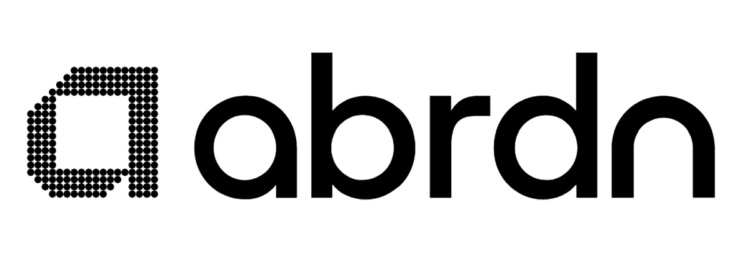Lucian Camp is a financial services brand consultant, copywriter, author and blogger. He co-presents the On The Other Hand podcast.
I’m not sure why – is it an anniversary or something? – but it seems to be time to give the Abrdn brand name another kicking. A piece in The Times online picked up hundreds of scornful comments, and not a trace of a positive one to be found among them.
In gauging the significance of this, it’s important to recognise that all rebrands are greeted with howls of derision. Derision is the default response to rebranding. The judgment to be made is between howls that reach all the way to 10 on the dial (LV=, Ninety One), or merely to 8 (Just, Quilter). Or indeed 11 (abrdn).
It’s also important to recognise that the howls usually die down pretty quickly, provided only that no-one in the management of the rebranded firm blinks or flinches as the howls reach their crescendo. The kerfuffles that arose when the allegedly much loved Norwich Union brand became Aviva, or Scottish Equitable became Aegon, or Midland Bank became HSBC, are all water under the bridge now. The new names have ceased to be words with meanings or connotations in their own right, and have become shorthands for their businesses. The way we feel about them is now no more and no less than the way we feel about the businesses, in exactly the same way that, for example, the name of The Beatles now calls to mind John, Paul. George and Ringo and everything we know and think about them, not some black scuttling mis-spelt insects.
All of which tends to make the derision of the howlers look more than a little excessive, or at least it would if we looked back at their furiously impassioned defences of the existing Norwich Union and Scottish Equitable names twenty years later.
There are two questions they never seem to ask themselves at the time. The first, which you’d think would be pretty obvious, is why: what is the firm’s reason, or reasons, for going through all the trouble and expense of a name change? There are any number of perfectly good and even necessary reasons, but the large majority come under the heading of accommodating change. The shape of the business has changed as a result of acquisitions or disposals, and the old name doesn’t fit any more. (Indeed, the old name may even have been sold as part of a disposal, as Standard Life was, so it actually can’t be used any more.) The business is expanding internationally, and the old name is difficult to pronounce in France, or means something rude in Germany. The business is named after its original product, but that product now accounts for 3% of turnover and the old name is misleading. The old name includes bad words like “empire” or “colonial” or the name of a slave-owning founder, which are causing trouble. All of these, and dozens of others, are real issues. Management would be rightly criticised for ignoring them.
The second question is this: if the chosen new name is indeed, as it’s always said to be, terrible and stupid, what would a good name have been? I’m afraid I don’t know how the howlers would answer this question: they certainly haven’t given any clue, never suggesting a positive alternative to the new name they hate so much.
But what I can do is outline my own views a little more frankly. Believing as I do that with a big enough comms budget, almost any name will be accepted by the market within a few years, I honestly believe it doesn’t really matter very much provided you avoid obvious blunders – choosing a name that’s hard to say or spell, or has some obviously negative connotation, or sounds like some other kind of business altogether, or isn’t available as a URL.
That said, I also recognise that there is a Top10% of really excellent names that do add significant value in their own right, again for any one of a number of reasons. They may bring some positive and valuable associations, as words like Rothschild and Ferrari do. They may provide springboards for outstanding and memorable creative work, as Orange did when it launched into the telecoms market. Or they may simply express a brand promise, like the now-defunct investment brand Save & Prosper – a name that does half the advertising’s job on its own. I guess it must be worth the effort of trying to find names like these.
And, OK, for all my blithely unconcerned comments, I do also accept that there is a Bottom 10% of really bad names which, in one way or another, do actually have a negative effect on the performance of the business, at least for the first few years until they become familiar. And if I’m honest, I do suspect that abrdn may just be one of them.

